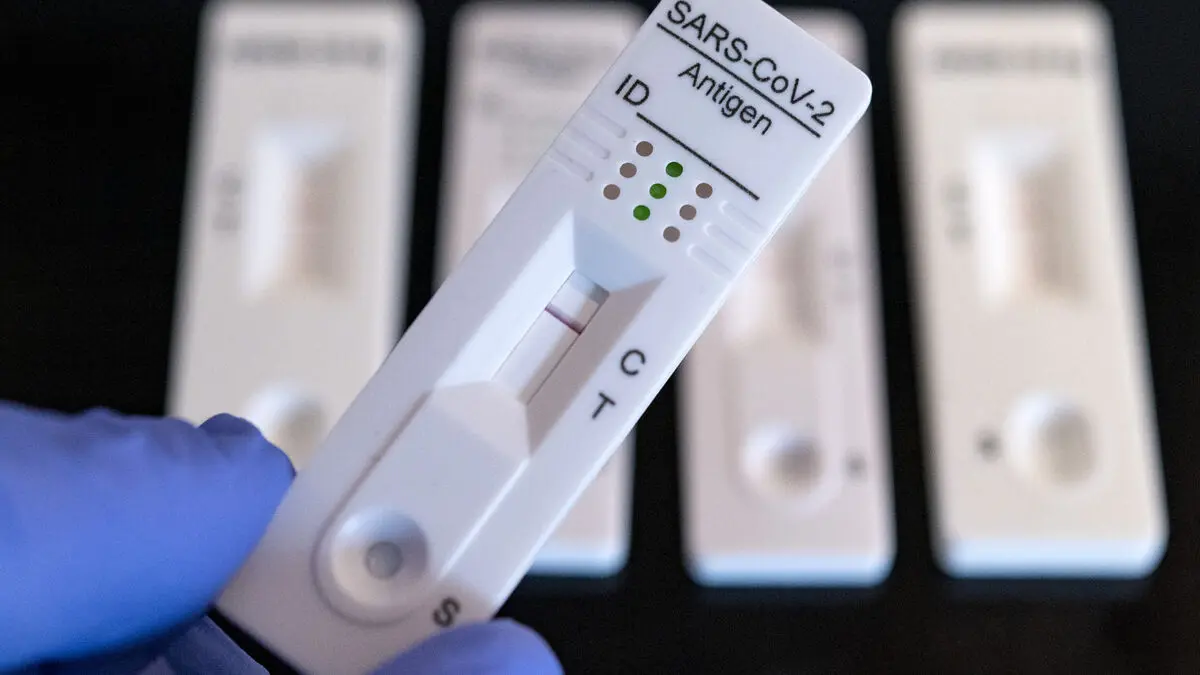The study from Stockholm University shows that the propensity to test for Covid followed clear social and demographic patterns. Men, the low-educated and people born outside Europe tested themselves to a lower extent than women, the highly educated and Swedish-born.
When low-educated people did take a test, it was more often positive and the risk of needing hospital care was higher.
"We already know that socially vulnerable groups and those born abroad were particularly hard hit by the pandemic. Our results show that differences in testing behavior may have contributed to this," says Olof Mpumwire Östergren, researcher at the Department of Public Health Sciences at Stockholm University, in a press release.
One explanation for why socially weaker groups tested themselves to a lesser extent may be fear of a positive test result, and demands to stay home from work and thus lose income.
The study, which is based on test data from 1.5 million people in Stockholm and Skåne, has been published in the European Journal of Epidemiology.






